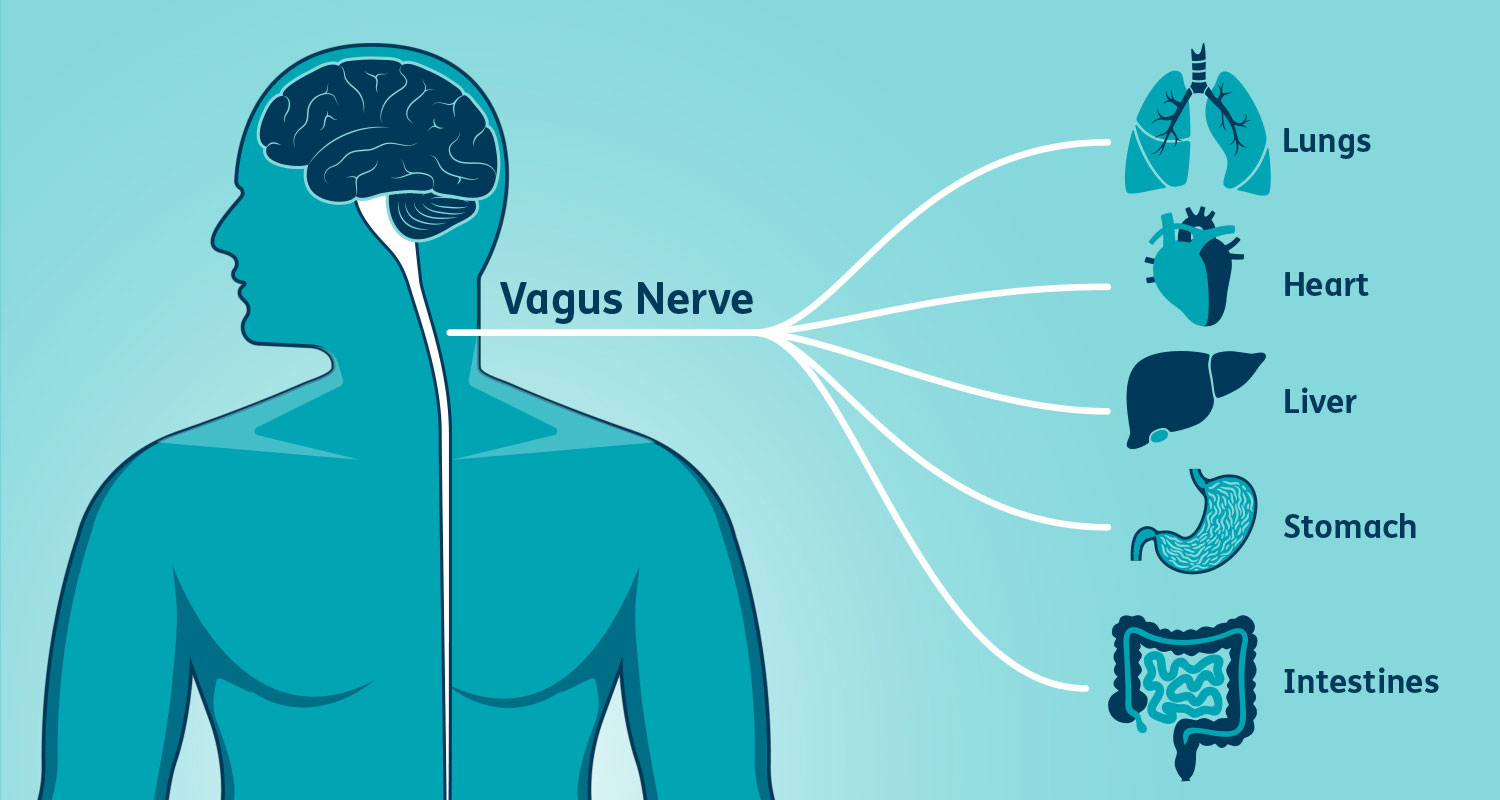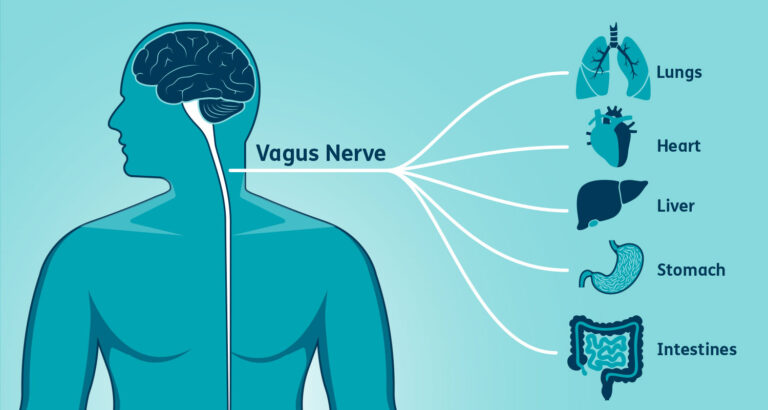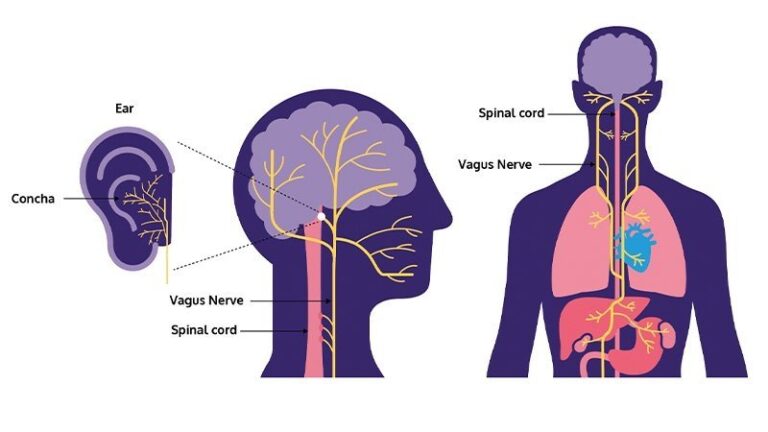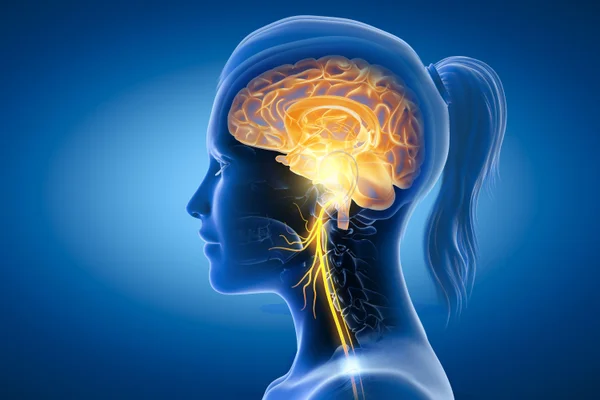Symptoms Indicative of Vagus Nerve Damage Post-Nissen Fundoplication
Introduction:
Nissen fundoplication, a surgical remedy for gastroesophageal reflux disease (GERD), has demonstrated efficacy in mitigating symptoms associated with acid reflux. Nonetheless, an intriguing facet of this procedure lies in its potential to inadvertently affect the vagus nerve, a vital component of the autonomic nervous system. As we delve into this intricate relationship, this article aims to elucidate the multifaceted symptoms indicative of vagus nerve damage subsequent to Nissen fundoplication and the nuanced implications for individuals grappling with these repercussions.
Understanding the Nuances of Nissen Fundoplication:
Nissen fundoplication involves encircling the upper portion of the stomach around the lower esophagus to create a barrier preventing the backflow of stomach acid into the esophagus. While this surgical intervention is generally deemed safe, the inherent proximity of the vagus nerve to the operative site renders it susceptible to inadvertent damage, setting the stage for a spectrum of symptoms.
Symptoms of Vagus Nerve Damage:
- Gastrointestinal Quandaries:
- Delayed Gastric Emptying (Gastroparesis): Vagus nerve impairment can manifest as a deceleration in stomach emptying, instigating symptoms such as persistent nausea, recurrent vomiting, abdominal bloating, and an unwarranted sense of fullness even after meager food intake.
- Cardiac Cadence Complexity:
- Bradycardia: The vagus nerve orchestrates heart rate regulation, and its compromise can give rise to bradycardia, a condition characterized by an abnormally slow heart rate. This may induce sensations of dizziness, debilitating fatigue, and sporadic episodes of fainting.
- Respiratory Revelations:
- Dysphagia Dilemmas: Damage to the vagus nerve can disrupt the coordinated functioning of muscles involved in swallowing, leading to dysphagia—a condition marked by difficulties and discomfort during the ingestion of food or liquids.
- A Vocal Voyage Altered:
- Hoarseness Harmonics: The vagus nerve’s influence extends to the vocal cords, and damage may precipitate hoarseness and alterations in voice quality.
- Digestive Doldrums:
- Persistent Abdominal Pain: Vagus nerve compromise might result in lingering abdominal pain or discomfort, adding a layer of complexity to the postoperative experience.
- Autonomic Adversities:
- Orthostatic Hypotension: Vagus nerve dysfunction can disrupt blood pressure regulation, culminating in orthostatic hypotension—a phenomenon where blood pressure drops upon standing, triggering sensations of dizziness or fainting.
- Metabolic Maelstrom:
- Reduced Appetite: The intricate interplay between the vagus nerve and appetite regulation may be disrupted, leading to a diminished desire for food intake and subsequent unintended weight loss.
Conclusion:
In traversing the intricate landscape of Nissen fundoplication and its potential implications on the vagus nerve, individuals considering or undergoing this surgical intervention are urged to maintain heightened awareness of any atypical symptoms. Timely communication with healthcare providers is paramount, as early detection and intervention significantly influence outcomes for those grappling with vagus nerve damage post-Nissen fundoplication. Informed decision-making, underscored by thorough discussions with healthcare professionals regarding potential risks and benefits, remains pivotal in navigating the complexities of this medical procedure.





